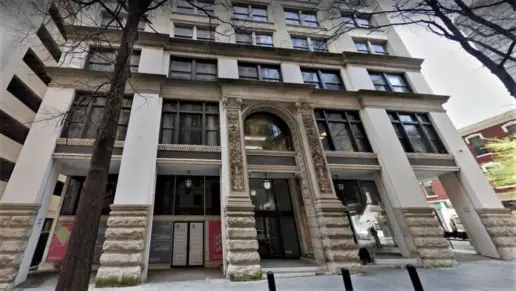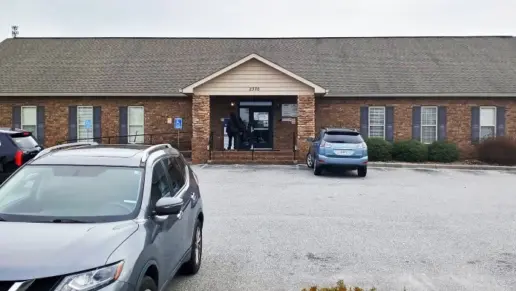About Unison Behavioral Health – Mary Street
Unison Behavioral Health off Mary Street in Waycross, Georgia serves folks in Ware County and nearby communities. They provide accessible and low cost outpatient treatment for adults affected by substance misuse and mental health or both. They provide outpatient therapy, medication assisted treatment (MAT) and case management. They also offer peer support and telehealth services. Telehealth support allows you to receive therapy and other care assistance anywhere and anytime through video conferencing. This can be very convenient.
The facility even provides crisis intervention to stabilize and get you the support you need to move forward when facing an addictive behavioral crisis. I also like that they offer transportation assistance to help people get to and from their appointments. Home based services are available if you need support right where you live. This setup makes it easier to stay on track without having to travel which can be really helpful.
Their substance use treatment involves intake assessment, personalized treatment planning and therapy. They offer individual, group and family therapy that uses evidence based models to support your recovery. Individual therapy enables you to address personal issues and work through your struggles with personalized support from your primary therapist. This expert will help you set realistic recovery goals and monitor progress.
Group therapy encourages community support and engagement through peer interaction. It allows you to learn and share your experience with others facing similar behavioral challenges. You can gain valuable interpersonal skills like effective communication, building strong relationships and solving problems. These are essential in managing anger, stress and negative emotions or even trauma that triggers substance misuse.
Family therapy strengthens your support network through improved communication and stronger relationships with loved ones. It’s all about building strong coping skills, preventing relapse and staying sober. You’ll equally benefit from the guidance of peers who have lived experiences via their peer support services. These peers can serve as mentors and a source of hope and inspiration.
Their MAT services are incorporated to help folks dealing with alcoholism or opioid use. The technique uses meds approved by the FDA alongside counseling to support recovery. Their comprehensive outpatient treatment is complemented with case management services. This may involve care coordination and connection to community resources that support your recovery efforts. These resources are safe and stable housing, job placement and medical care.
Latest Reviews
Rehab Score
Gallery
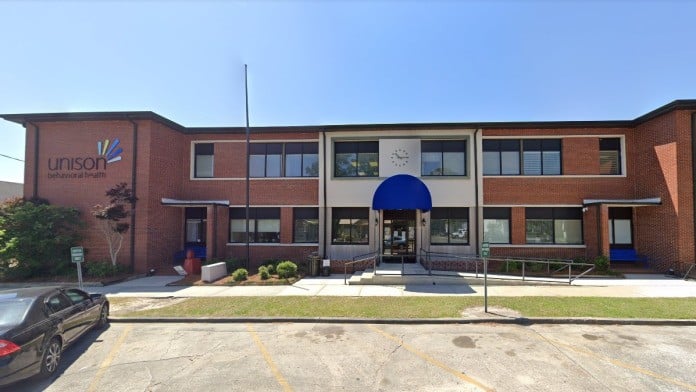
Location
Accepted Insurance
Other Forms of Payment
Medicaid is a state based program that helps lower-income individuals and families pay for healthcare. Medicaid covers addiction treatment so those enrolled can use their coverage to pay for rehab. When a program accepts Medicaid the client often pays very little or nothing out of their own pocket.
Private insurance refers to any kind of healthcare coverage that isn't from the state or federal government. This includes individual and family plans offered by an employer or purchased from the Insurance Marketplace. Every plan will have different requirements and out of pocket costs so be sure to get the full details before you start treatment.
Self-pay involves paying for treatment out of your own pocket. You can use savings or credit, get a personal loan, or receive help from family and friends to fund your treatment. If you don't have insurance or your insurance plan doesn't cover a specific program, self-pay can help ensure you still get the care you need.
Financial aid can take many forms. Centers may have grants or scholarships available to clients who meet eligibility requirements. Programs that receive SAMHSA grants may have financial aid available for those who need treatment as well. Grants and scholarships can help you pai for treatment without having to repay.
Medicare is a federal program that provides health insurance for those 65 and older. It also serves people under 65 with chronic and disabling health challenges. To use Medicare for addiction treatment you need to find a program that accepts Medicare and is in network with your plan. Out of pocket costs and preauthorization requirements vary, so always check with your provider.
Military members, veterans, and eligible dependents have access to specific insurance programs that help them get the care they need. TRICARE and VA insurance can help you access low cost or no cost addiction and mental health treatment. Programs that accept military insurance often have targeted treatment focused on the unique challenges military members, veterans, and their families face.
Sliding scale payments are based on a client's income and family size. The goal is to make treatment affordable to everyone. By taking these factors into account, addiction recovery care providers help ensure that your treatment does not become a financial burden to you or your family, eliminating one barrier to care.
Addiction Treatments
Levels of Care
Treatments
The goal of treatment for alcoholism is abstinence. Those with poor social support, poor motivation, or psychiatric disorders tend to relapse within a few years of treatment. For these people, success is measured by longer periods of abstinence, reduced use of alcohol, better health, and improved social functioning. Recovery and Maintenance are usually based on 12 step programs and AA meetings.
A quality drug rehab in Georgia can help you overcome addiction. This environment is designed to help you address the complex issues contributing to drug dependence. The goal of treatment is to give you the tools you need to make a full recovery.
Many of those suffering from addiction also suffer from mental or emotional illnesses like schizophrenia, bipolar disorder, depression, or anxiety disorders. Rehab and other substance abuse facilities treating those with a dual diagnosis or co-occurring disorder administer psychiatric treatment to address the person's mental health issue in addition to drug and alcohol rehabilitation.
A combined mental health and substance abuse rehab has the staff and resources available to handle individuals with both mental health and substance abuse issues. It can be challenging to determine where a specific symptom stems from (a mental health issue or an issue related to substance abuse), so mental health and substance abuse professionals are helpful in detangling symptoms and keeping treatment on track.
Programs


Clinical Services
Research clearly demonstrates that recovery is far more successful and sustainable when loved ones like family members participate in rehab and substance abuse treatment. Genetic factors may be at play when it comes to drug and alcohol addiction, as well as mental health issues. Family dynamics often play a critical role in addiction triggers, and if properly educated, family members can be a strong source of support when it comes to rehabilitation.
Group therapy is any therapeutic work that happens in a group (not one-on-one). There are a number of different group therapy modalities, including support groups, experiential therapy, psycho-education, and more. Group therapy involves treatment as well as processing interaction between group members.
In individual therapy, a patient meets one-on-one with a trained psychologist or counselor. Therapy is a pivotal part of effective substance abuse treatment, as it often covers root causes of addiction, including challenges faced by the patient in their social, family, and work/school life.
Trauma therapy addresses traumatic incidents from a client's past that are likely affecting their present-day experience. Trauma is often one of the primary triggers and potential causes of addiction, and can stem from child sexual abuse, domestic violence, having a parent with a mental illness, losing one or both parents at a young age, teenage or adult sexual assault, or any number of other factors. The purpose of trauma therapy is to allow a patient to process trauma and move through and past it, with the help of trained and compassionate mental health professionals.
Amenities
-
Residential Setting
Staff & Accreditations
Staff
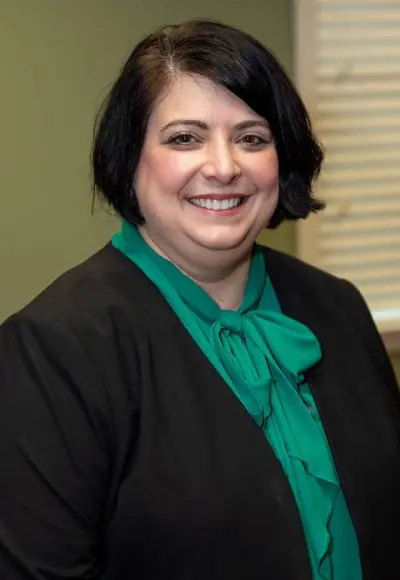
CEO

CPA
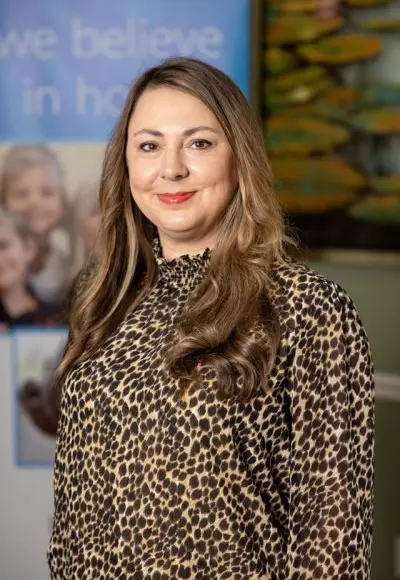
Clinical Director of Behavioral Health
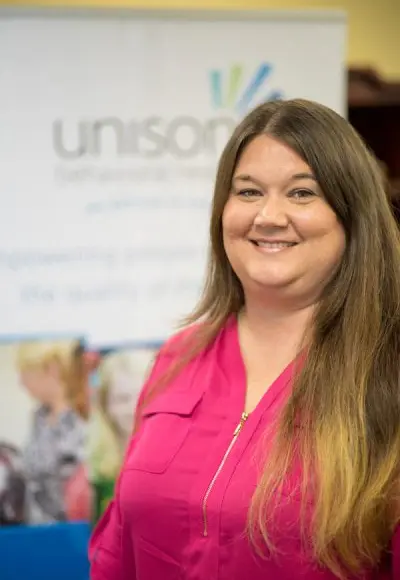
COO
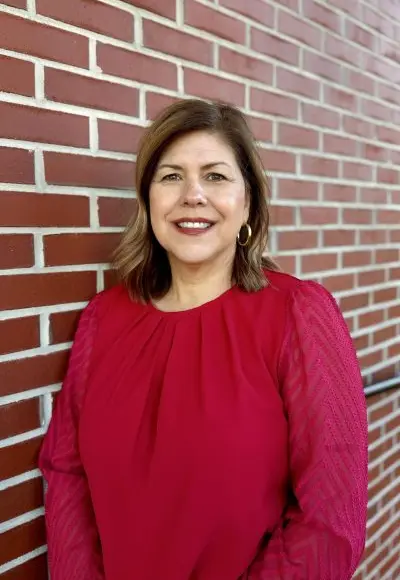
HRD
Accreditations

The Commission on Accreditation of Rehabilitation Facilities (CARF) is a non-profit organization that specifically accredits rehab organizations. Founded in 1966, CARF's, mission is to help service providers like rehab facilities maintain high standards of care.
CARF Accreditation: Yes
Contact Information
1007 Mary street
Waycross, GA 31503





